Introduction
Let’s be real—sustainable living often sounds more like a full-time job than an everyday lifestyle. Between social media trends and zero-waste perfectionists, going green can feel like something only superhumans with extra time and money can afford to do.
But here’s the truth: you don’t have to give up convenience, go off-grid, or spend a fortune to live sustainably.
Small, realistic changes in your daily routine can make a meaningful difference—without stress, guilt, or overwhelm. From switching to a reusable water bottle to shopping secondhand, every choice you make adds up.
In this guide, we’ll break down practical, low-pressure ways to embrace a more eco-friendly lifestyle—even if you’re busy, budget-conscious, or just starting out. Quick-start sustainability for overwhelmed beginners
Table of Contents
Why Sustainability Feels Overwhelming (But Doesn’t Have to Be)
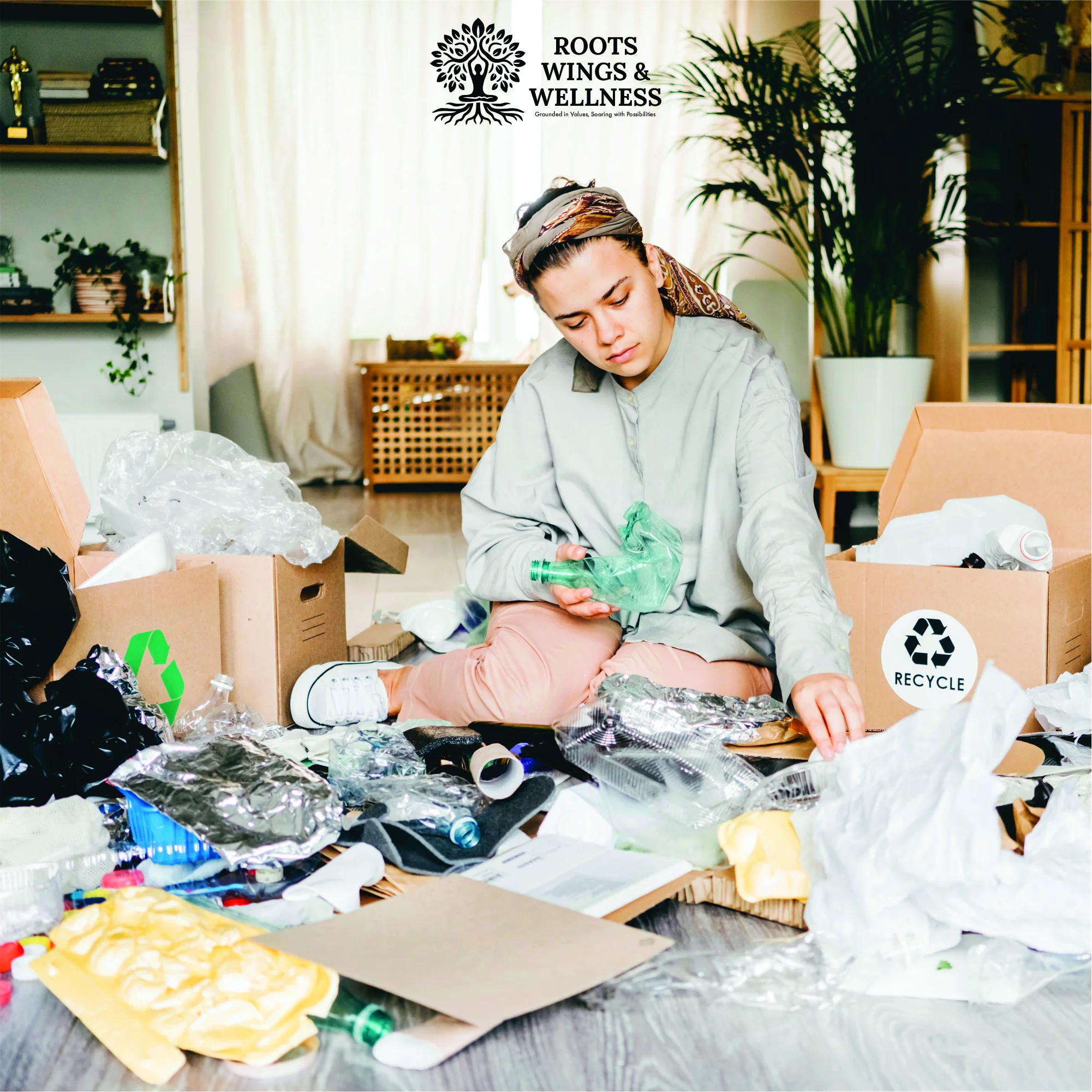
If you’ve ever felt paralyzed at the thought of reducing your carbon footprint, you’re not alone.
Sustainable living often gets portrayed as an “all-or-nothing” commitment—no plastic, no meat, no waste, no fun. But most of us aren’t trying to be perfect—we’re just trying to be better.
Here’s why it can feel like too much:
- Too Many Myths – People assume going green means expensive products or massive lifestyle changes. In reality, simple, low-cost shifts can be far more impactful.
- Perfection Pressure – You don’t need to be zero-waste or plastic-free to care. Every small change still counts.
- The “I’m Only One Person” Mentality – Sure, you can’t fix the planet alone—but millions of people making better choices? That’s a movement.
The good news? You can take small, stress-free steps toward sustainability that actually fit your life. No eco-guilt required.
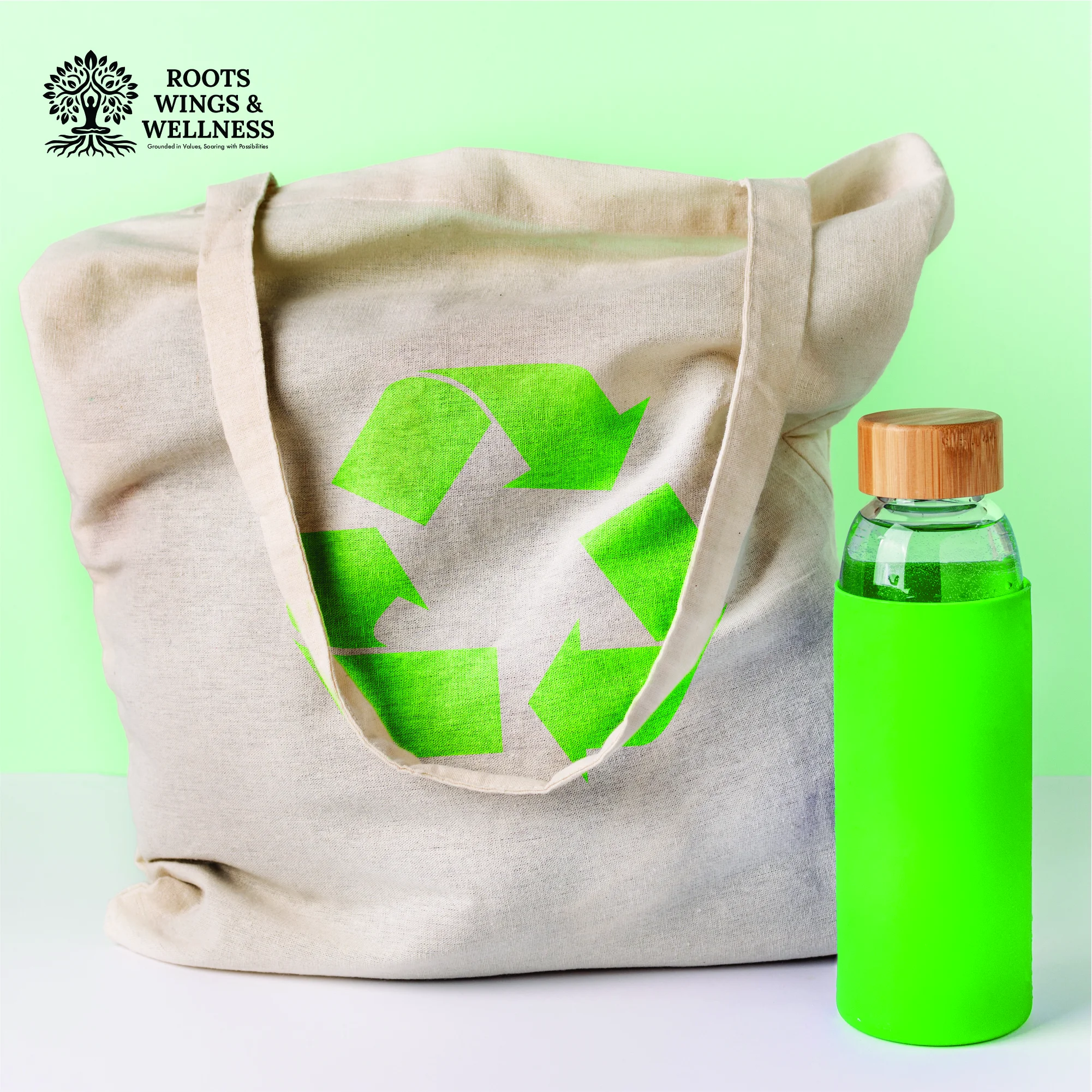
The Power of Small, Everyday Changes
IThe Power of Small, Everyday Changes
Big lifestyle overhauls are great—if they’re realistic. But the truth is, long-term change starts with small, repeatable actions.
Here are a few green living tips that require almost zero effort but have a long-lasting impact:
- ✅ Use a reusable water bottle – Ditching plastic bottles is one of the easiest ways to reduce plastic waste.
- ✅ Bring your own bags – Keep a few reusable bags in your car or by the door. Easy access = instant habit.
- ✅ Cut back on single-use items – Swap plastic straws, disposable cups, and utensils for reusable ones.
- ✅ Carpool or take public transport once a week – Even once a week can shrink your carbon footprint.
- ✅ Unplug unused electronics – Phantom energy is real. Turning things off saves money and power.
None of these require major effort. But repeated daily, they make a real difference.
The key is consistency over drastic change. Small, everyday actions may seem insignificant, but when done regularly, they create a big impact over time.
Sustainable Habits That Require Almost No Effort
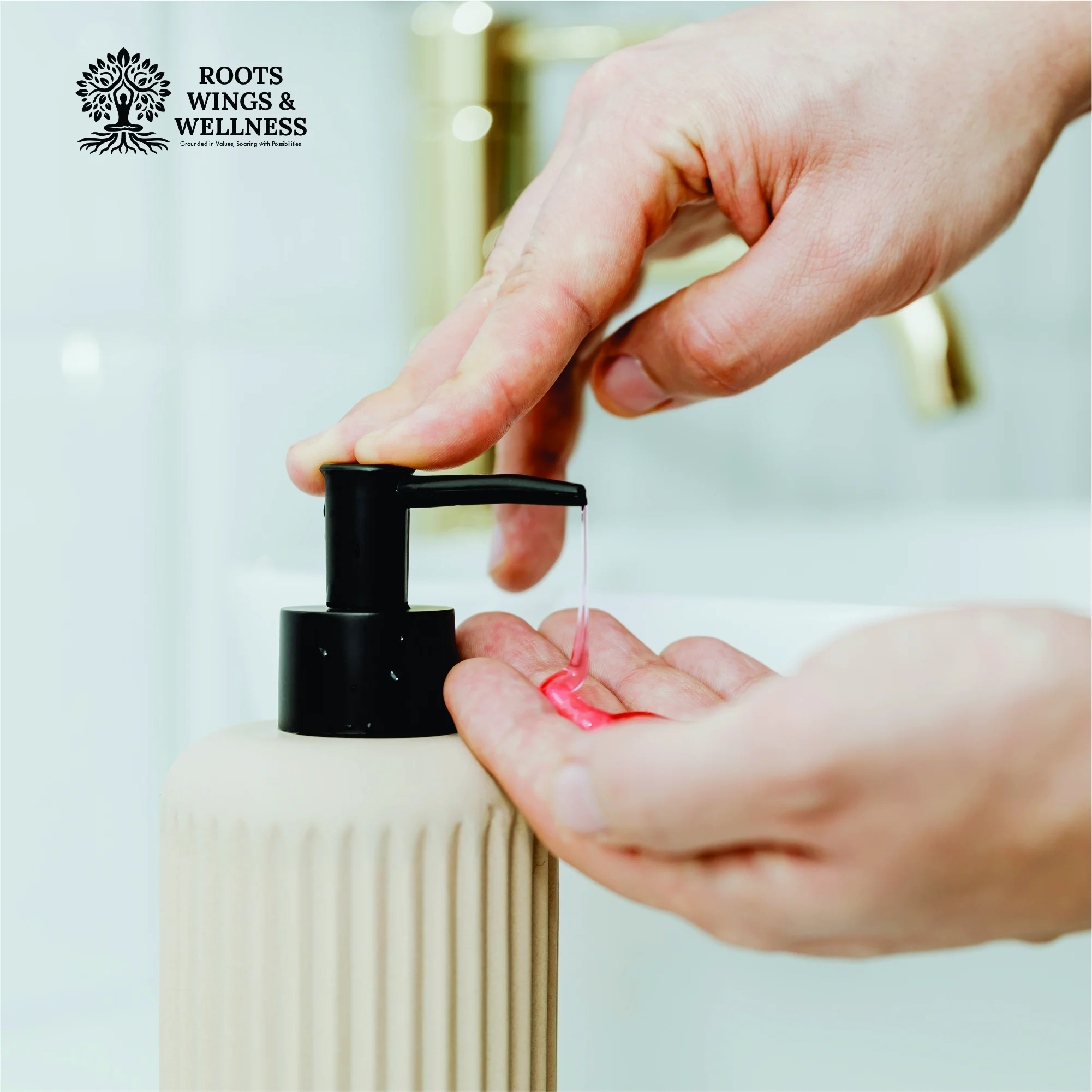
et’s debunk the myth that all sustainable habits are time-consuming or inconvenient. Many of the best ones are “set it and forget it” style.
Here are a few low-effort, high-impact switches:
- 🔹 Swap to LED light bulbs – They use less energy and last way longer.
- 🔹 Go paperless – Opt for digital bills, documents, and receipts.
- 🔹 Set up a recycling system – Put bins where you’ll actually use them.
- 🔹 Use refillable soap and detergent containers – Less waste, same routine.
- 🔹 Plan meals ahead – Reduces food waste and cuts down on impulse buys.
Want to take it up a notch? Automate your sustainability:
- 💡 Set energy-saving modes on your devices
- 💡 Enable autopay for bills to skip paper mail
- 💡 Set recurring reminders to check pantry stock before shopping
Sustainability doesn’t mean overhauling your life—it means shifting habits that slowly, quietly do better by the planet.
Budget-Friendly Sustainability

Think sustainable living is only for people with money to burn? Not true.
Many of the best budget-friendly sustainability hacks are actually about spending less, not more.
Here’s how to go green without going broke:
- 💰 Repurpose and upcycle – Turn old clothes into rags, jars into planters, or boxes into organizers.
- 💰 Shop secondhand – Thrift shops, consignment stores, and online marketplaces are full of great finds.
- 💰 Skip disposables – Reusable napkins, glass containers, and metal razors save money over time.
- 💰 DIY your cleaning products – Vinegar, baking soda, and lemon can replace dozens of chemical-laden cleaners.
- 💰 Grow your own herbs – Even a windowsill herb garden can save you cash and reduce plastic-packaged herbs.
The bottom line? You don’t need to buy “green” versions of everything. You just need to consume more mindfully.
Sustainable Shopping Without the Guilt or Stress
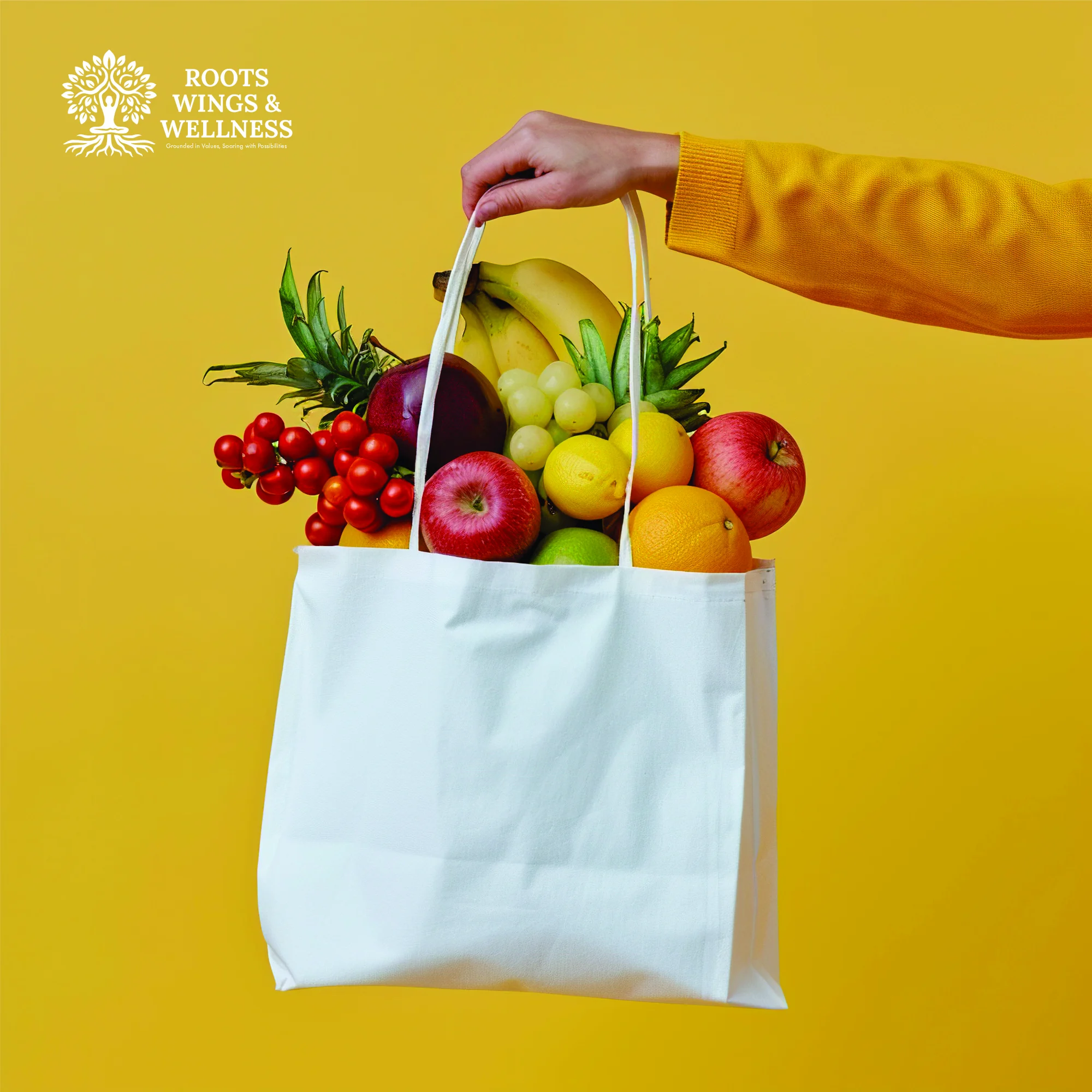
Shopping is one of the easiest places to bring more intention—and less waste—into your life. But don’t worry, this isn’t about giving up everything you love.
It’s about shopping smarter, not harder.
🛍️ Buy less, but better – Choose quality over quantity. A well-made item that lasts is always more sustainable than cheap fast fashion.
🛍️ Watch out for greenwashing – Labels like “natural” or “eco-friendly” aren’t always legit. Look for trusted certifications like B Corp, Fair Trade, or EcoCert.
🛍️ Use the 80/20 mindset – If most of your purchases are sustainable, don’t beat yourself up over the occasional convenience buy. Progress > perfection.
🛍️ Support local and ethical brands – Shop from small businesses that value fair labor and sustainable practices.
You don’t have to change everything at once—just choose better when you can, and give yourself grace when you can’t.
Making Sustainability a Lifestyle (Not a Burden)
The goal isn’t to stress about every piece of plastic or feel bad when you forget your tote bag. It’s to create a life that feels aligned with your values—and supports a healthier world in the process.
Here’s how to make sustainability stick:
🌿 Make it a family thing – Get kids and partners involved. Turn it into a game or challenge.
🌿 Find what feels good – Maybe it’s biking to work, gardening, or switching to reusable products. Do more of that.
🌿 Celebrate progress, not perfection – Missed a recycling day? Bought a plastic-wrapped snack? It’s okay. Keep going.
🌿 Enjoy the side benefits – A lot of sustainable swaps are also healthier (fewer chemicals), cheaper (less waste), and simpler (less stuff).
🌿 Try sustainable fitness – Want to align your workout with your eco-values? Explore Sustainable Fitness: Low-Impact Workouts for a Healthier You & Planet, and get moving in a way that supports both your body and the Earth.
When sustainable habits become part of your everyday rhythm, they stop feeling like a burden—and start feeling like second nature.
Final Thoughts + Encouragement

You don’t need to be perfect to live sustainably. You just need to start.
Sustainable living isn’t about going zero-waste overnight. It’s about making better choices, one step at a time—whether that’s using a cloth bag, eating less meat, or being more intentional with purchases.
So here’s your challenge:
Pick one new habit this week. Just one.
Then build from there.
🌱 What’s one sustainable habit you’ve tried that stuck? Share your tips in the comments—we’d love to hear from you!
For more eco-friendly tips and sustainable lifestyle inspiration, check out this guide from the United Nations on sustainable living.
Check out our insightful articles on personal growth and wellness at Roots, Wings & Wellness.
FAQ’s
You’re not alone—sustainable living can feel overwhelming at first, especially with so much information out there. Start with one simple change: bring a reusable water bottle, skip plastic bags, or turn off unused lights. These small shifts may not feel like much, but they create real impact when done consistently.
That’s a common myth. In reality, many eco-friendly lifestyle choices save you money! Reusing containers, buying secondhand, DIYing cleaning supplies, or simply consuming less are all forms of budget-friendly sustainability. It’s less about spending more, and more about using what you already have—wisely.
That’s totally okay. The truth is, green living tips are about progress, not perfection. Maybe you forgot your reusable bag or grabbed a disposable coffee cup—don’t stress. What matters is that you keep making intentional choices most of the time. Sustainability isn’t about guilt—it’s about growth.
Yes—absolutely. When millions of individuals adopt small sustainable habits, it creates massive collective change. You might not see the results instantly, but every conscious action contributes to a ripple effect. Your efforts matter, especially when you inspire others around you.
Absolutely! Sustainable living isn’t about space—it’s about mindset. You can recycle, switch to digital bills, compost with countertop bins, grow herbs on a windowsill, or buy less overall. Tiny spaces often inspire eco-friendly lifestyles because you naturally consume more intentionally.
Start with shared wins—like lower utility bills, less trash, or saving money by cooking at home. Keep the tone positive and lead by example. Invite, don’t pressure. Most people are more open to change when it feels empowering rather than preachy.

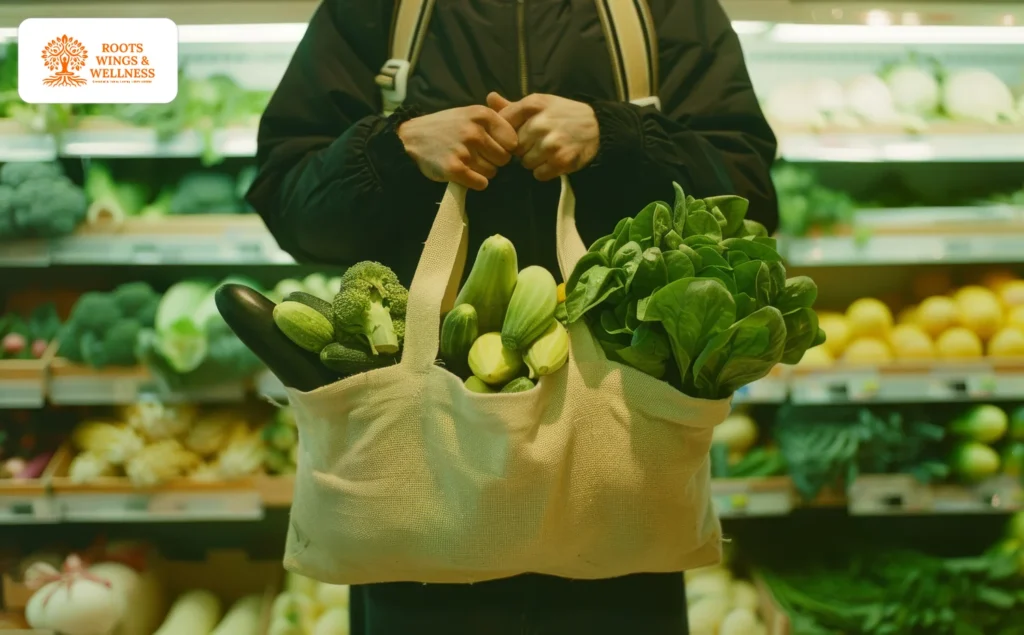








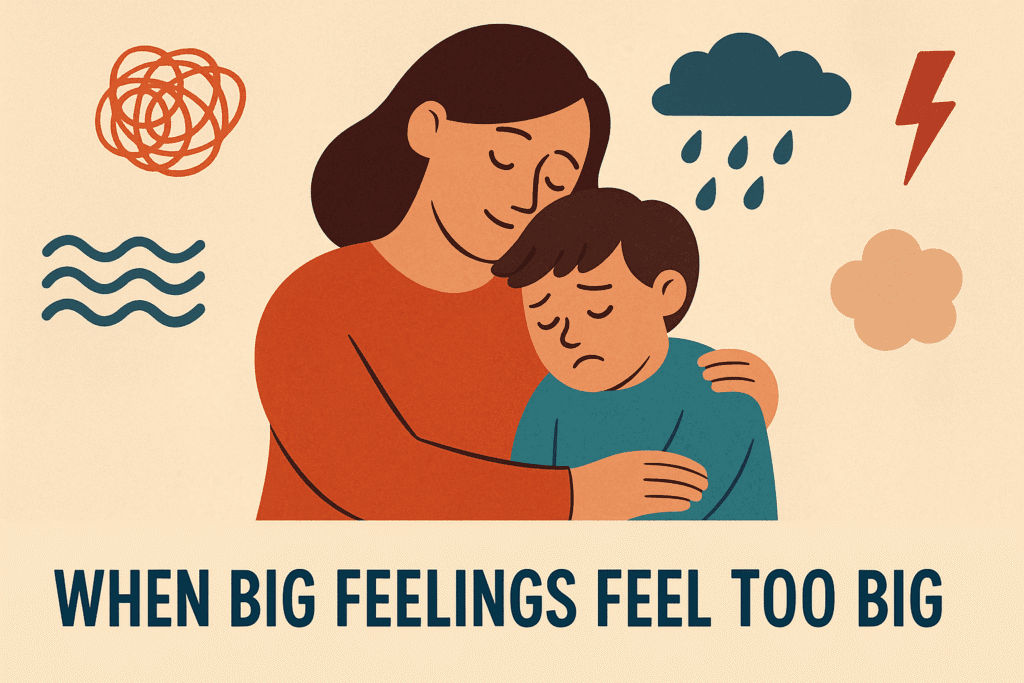



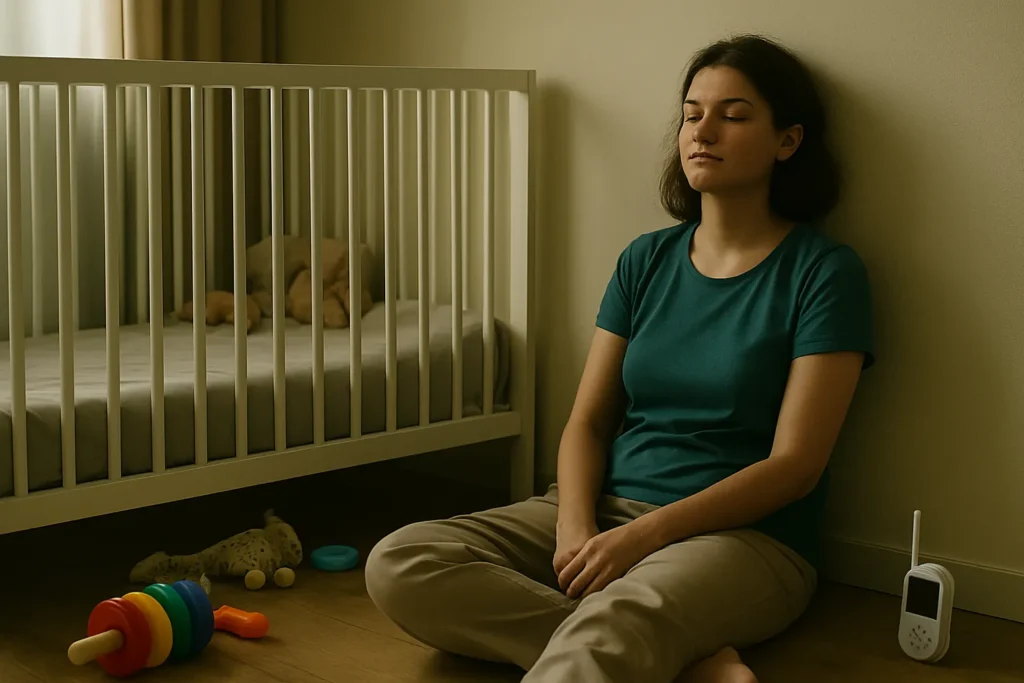



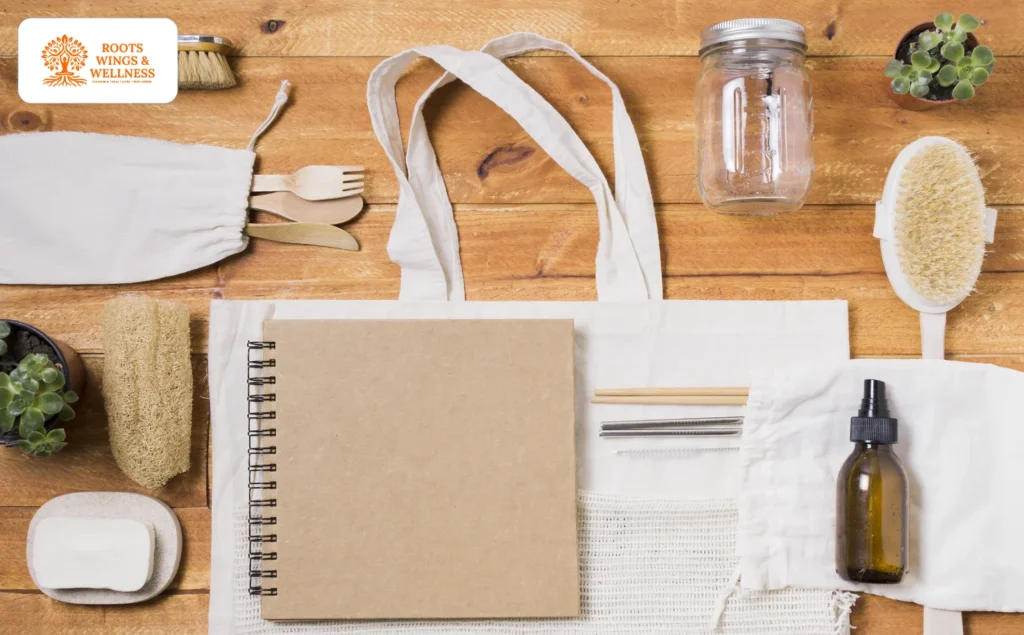


w83zp6